Wrapped in Bandages, Held by Love.1979
It’s heartbreaking to look at, but heartwarming to see how 8-week-old Ridge Watts is fighting back.
He’s one of the toughest babies around.
Ridge lives in Evergreen, Alabama — a small town where everyone knows everyone, and where love spreads quickly when someone is hurting.

Ridge was born with a rare genetic condition called Epidermolysis Bullosa (EB).
It’s a disorder that causes the skin to blister at the slightest touch, leaving raw, painful wounds all over the body.
There is no cure.

Every hug, every diaper change, even a gentle stroke on his cheek can cause new blisters to form.
But Ridge keeps fighting — quietly, bravely, beautifully.
His mother, Annsley Salter, begins each day with courage.

“I give Ridge a bath every day, then cover his blisters with Aquaphor or Vaseline, then wrap him in bandages,” she says softly.
The process takes hours.
She works carefully, wrapping each tiny arm and leg as if she were bandaging a fragile butterfly.
“I do it at night,” she adds, “he seems to calm down and sleep better after his nighttime bath.”

When she holds him afterward, she feels the soft rhythm of his breathing — a reminder that even through pain, life can still be gentle.
Ridge’s father, Bailey, stands nearby every evening, handing her clean gauze and whispering words of encouragement.
They’ve learned to move in quiet harmony — one cleaning, one holding, both praying.

Doctors say patients with EB live in constant pain.
But so far, Ridge doesn’t seem to cry from it.
“He’s doing well,” Annsley says with a fragile smile. “He doesn’t appear to be in pain.”

It’s a miracle in itself — a small mercy in a long battle.
There are moments when Annsley’s hands tremble.
Sometimes she can’t help but wonder what the future will look like for her son — if he’ll ever run barefoot on the grass, or feel the warmth of sunlight without fear of it burning his skin.

But then Ridge looks up at her.
Those bright baby eyes, full of wonder and strength, remind her that every second she spends fighting is worth it.
There’s talk of a new treatment — a potential gene therapy that could one day help children like Ridge.

It’s still being tested, and it could take years before it’s available.
But hope, in the Salter household, is stronger than fear.
Every night before bed, Annsley whispers a prayer.

She prays for strength, for healing, and for one more peaceful night where Ridge can sleep without tears.
And when morning comes, Ridge greets the day with the tiniest smile.
He doesn’t know that he’s special.

He doesn’t know that the world is cheering for him — people who have never met him, yet send love and blessings from afar.
He’s just a baby, wrapped in soft bandages, teaching everyone what it means to fight without giving up.
The good news is that Ridge is comfortable at this stage of his life and doing well.

Doctors visit, nurses call, neighbors drop off meals, and friends send cards covered with hearts and prayers.
He has become a small symbol of hope — a reminder that strength is not measured by size, but by spirit.
So when you look at Ridge Watts, 8 weeks old and covered in bandages, don’t see the illness.

See the courage.
See the love in his parents’ hands.
See the faith that refuses to break.

Because this tiny boy, who has known pain since birth, is teaching the world how to live with grace, one day at a time.
An 8-week-old who never gives up.
And one of the toughest babies around.
24 Years Later, We Still Remember the Night Before Everything Changed.1363

Tonight, as the world turns quietly and cities settle under the comfort of night, I cannot help but think back to a night exactly 24 years ago.
It was an evening like any other. Children brushed their teeth and climbed into bed with sleepy eyes, parents tucked them in with gentle goodnight kisses, and lovers whispered promises of tomorrow. Nobody knew that for thousands, tomorrow would never come.

That night, 246 travelers packed their suitcases and set their alarms for early morning flights. They had destinations, meetings, reunions, and vacations awaiting them. They kissed their families goodbye, or promised to call once they landed. Some of them were nervous fliers, others seasoned travelers—but all went to sleep trusting that morning would unfold as planned.
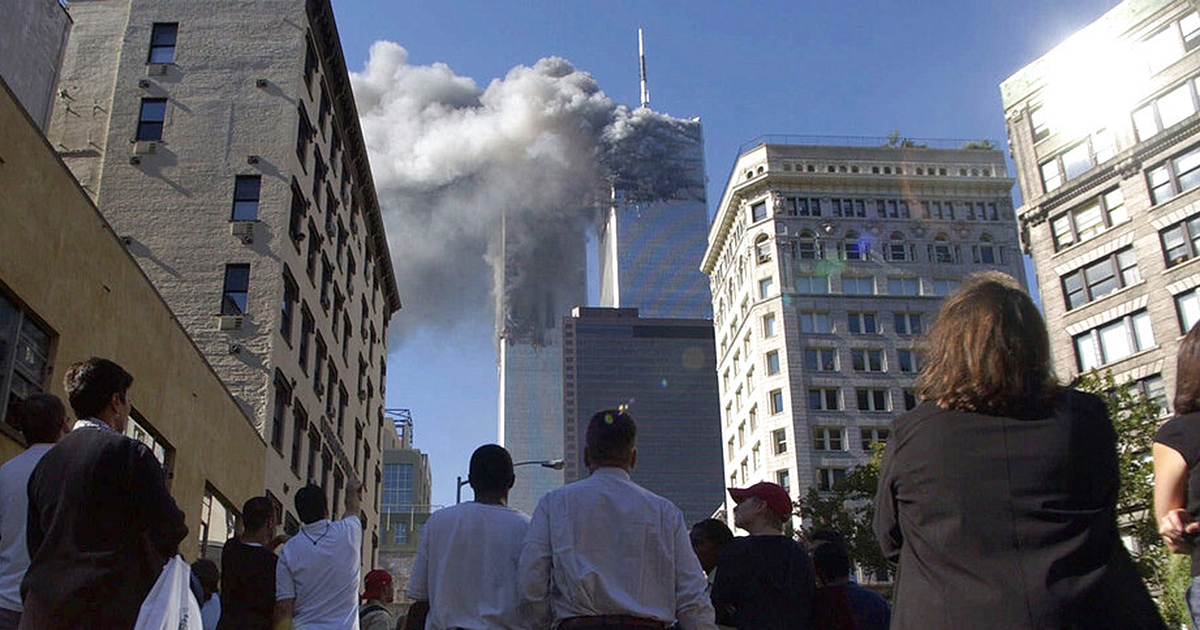
In another part of the country, 2,606 people laid out their clothes for work, set out their coffee mugs, and wrote little notes for their children’s lunchboxes. They prepared for just another Tuesday morning, ready for the rhythm of office life, unaware that history would write their names into its darkest chapter.
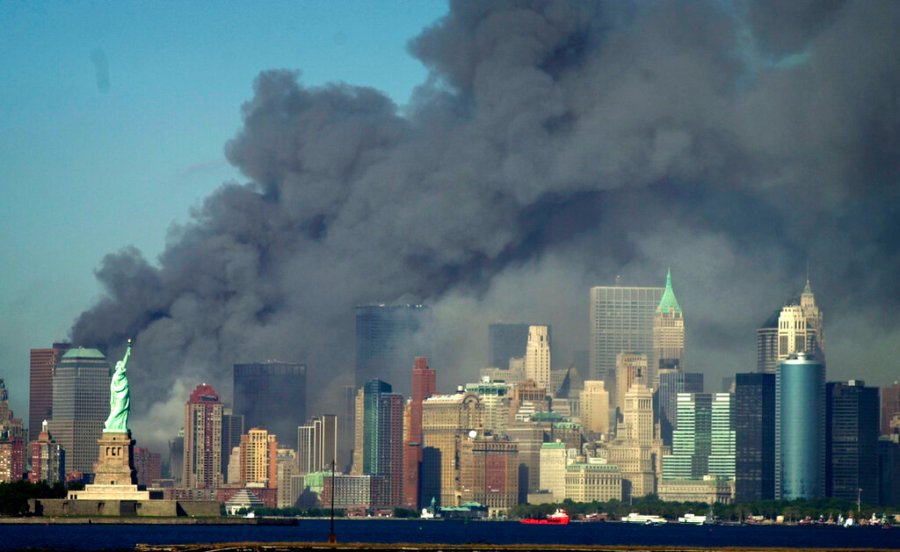
343 firefighters ironed their uniforms and set aside their helmets for the morning shift. They were men and women who had chosen to run toward danger while others ran away. They slept that night with the pride of serving their city, never imagining that dawn would call them to their final act of courage.
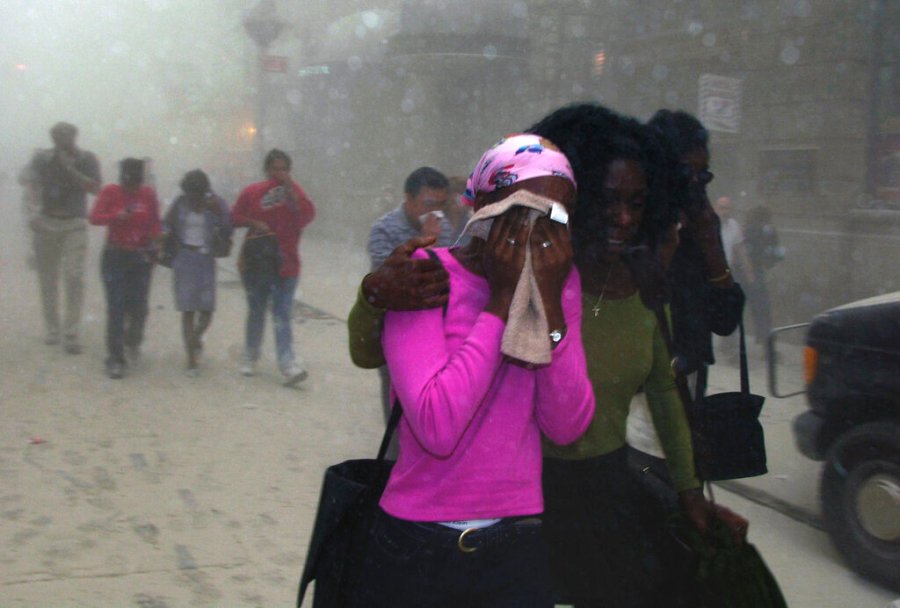
60 police officers buttoned up their shirts and placed their badges on the nightstand. Their duty was to protect, to respond, to keep the streets safe. They had done it countless times before. But when the sun rose on September 11, 2001, their service would cost them their lives.
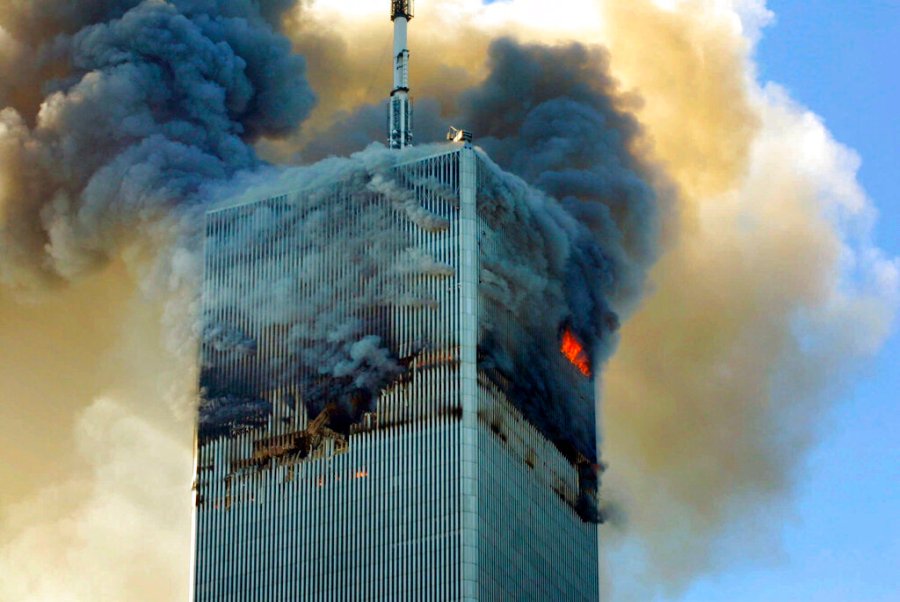
8 paramedics reviewed their schedules, prepared their kits, and set their alarms. They had no idea that their last call would come not from a neighborhood accident or a late-night emergency, but from the largest tragedy on American soil.

And so, that night was filled with ordinary rituals—bedtime stories, shared laughter, whispered prayers, quiet goodbyes. Husbands kissed their wives, wives kissed their husbands. Fathers and mothers held their children, savoring those last warm embraces. Lovers hugged tighter, unaware it would be the last time.
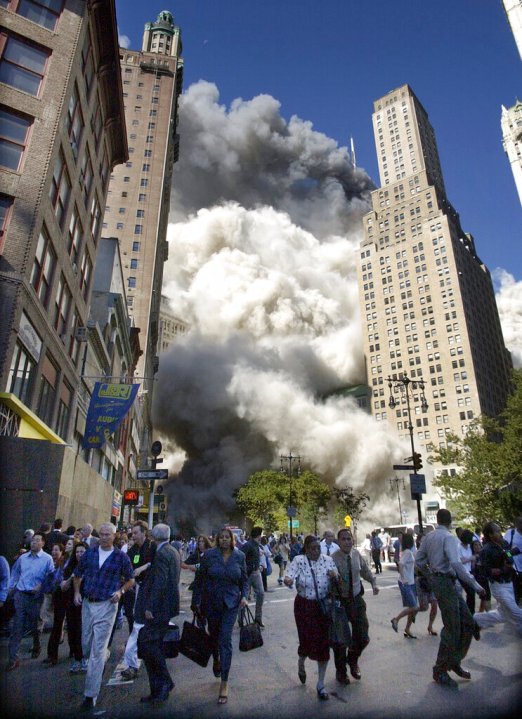
By 10:00 a.m. the next morning, the world was forever changed. Towers crumbled, skies darkened with smoke, and silence fell where once there had been the sound of typing, laughter, and life. The air was pierced by sirens and the cries of those searching desperately for loved ones. Families watched in disbelief as the unimaginable unfolded before their eyes.
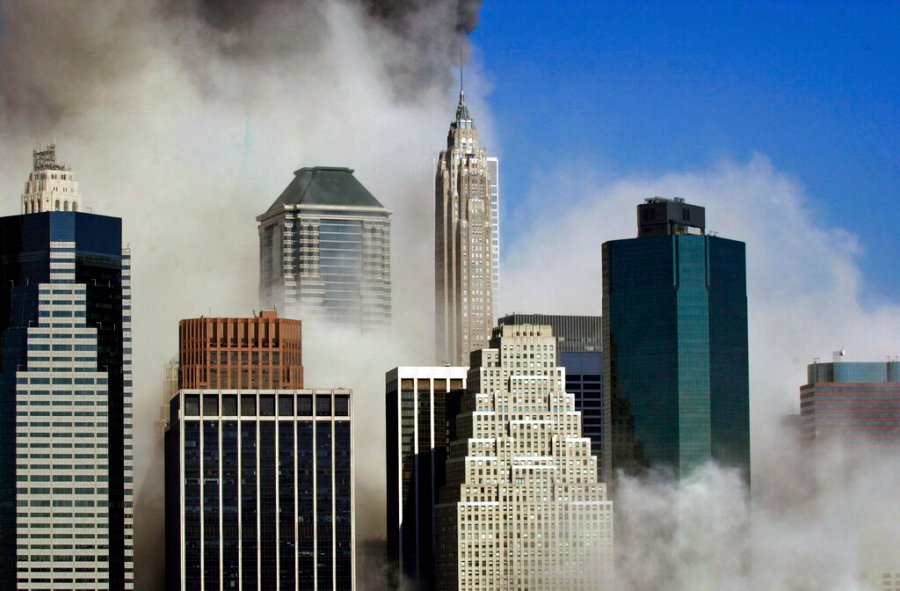
For many, time stopped that morning. Parents never returned to pick up their children from school. Letters left half-written were never finished. Wedding anniversaries and birthdays remained uncelebrated. Empty chairs gathered dust around dinner tables. The sound of a familiar voice on the answering machine became the last fragile reminder of someone who would never return home.
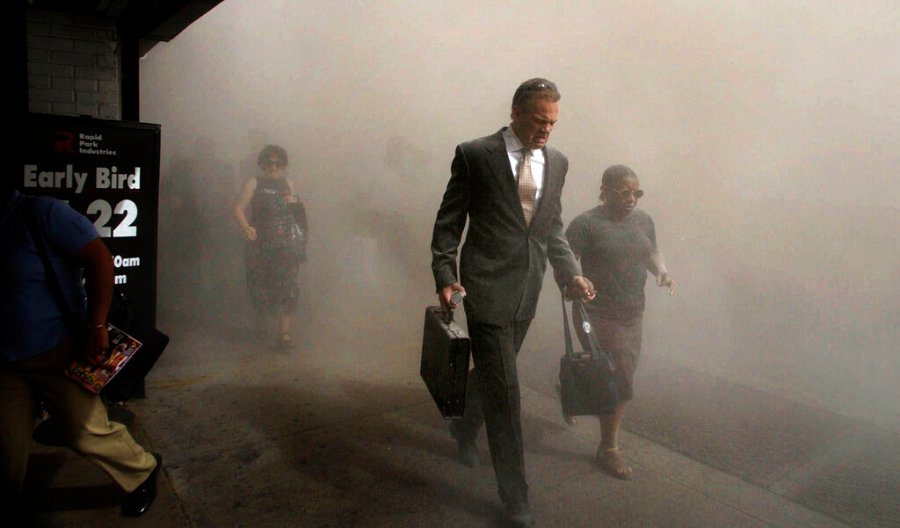
In the days that followed, grief stretched across the world. Strangers became family, bound by sorrow and compassion. People held candles, gathered in parks, and stood shoulder to shoulder, refusing to let the darkness silence their hope. Firefighters dug through the rubble with bare hands, searching for colleagues they knew they might never find. Police officers and paramedics carried on, even as their own hearts broke.

Twenty-four years later, the memory of that day has not faded. Children who once waited for their parents to come home are now grown.
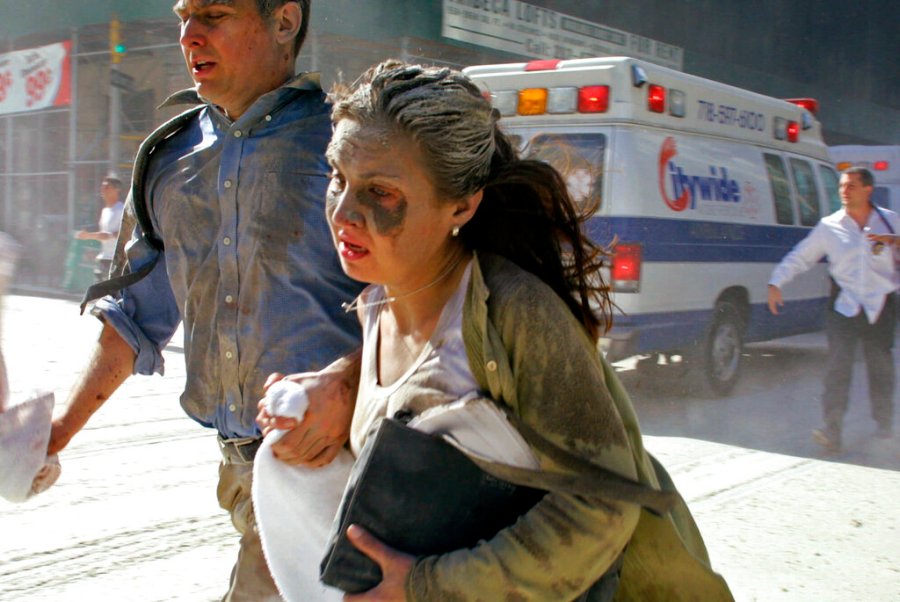
Some became firefighters, officers, or soldiers, carrying forward the legacy of courage. Others became storytellers, determined to remind the world of the lives lost, not just the tragedy.
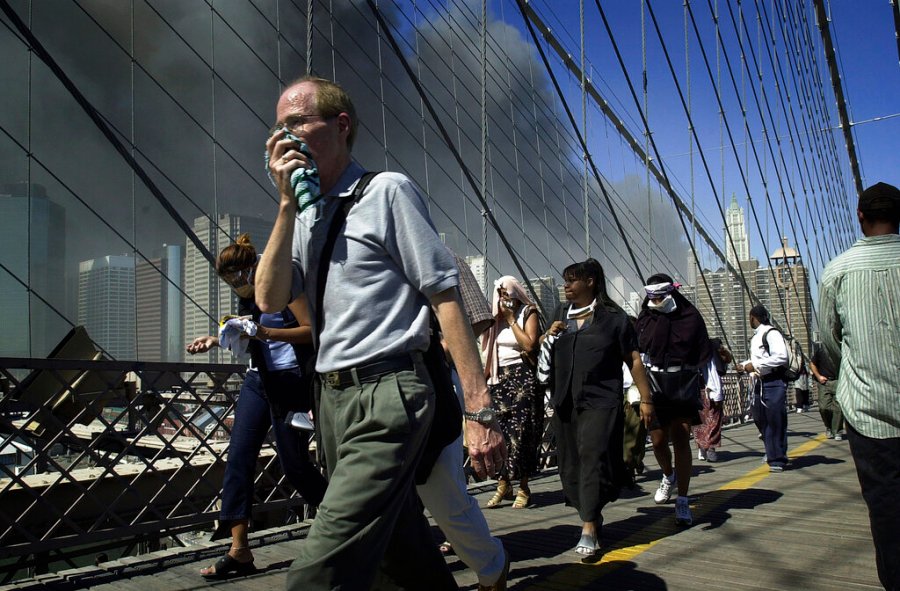
And so tonight, as we prepare for tomorrow, let us remember. Life is fragile. Tomorrow is never promised. In one single moment, everything can change. That is why each embrace, each smile, each whispered "I love you" matters more than we realize.
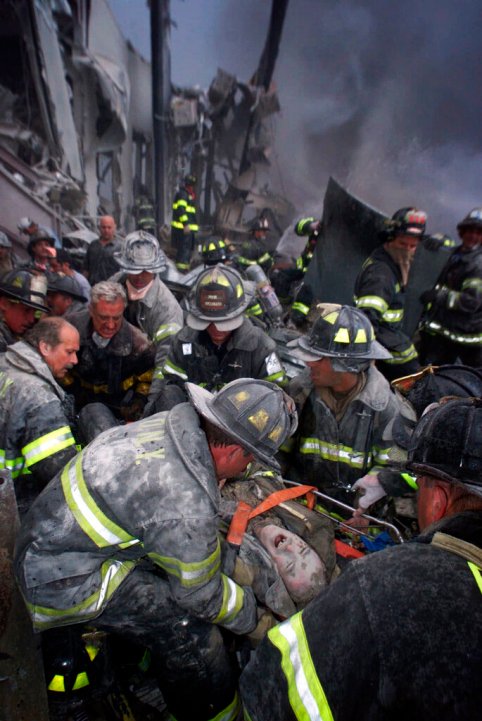
When you go to sleep tonight, kiss the ones you love. Hold them a little tighter. Do not let the noise of life make you forget the gift of breath, the miracle of presence.
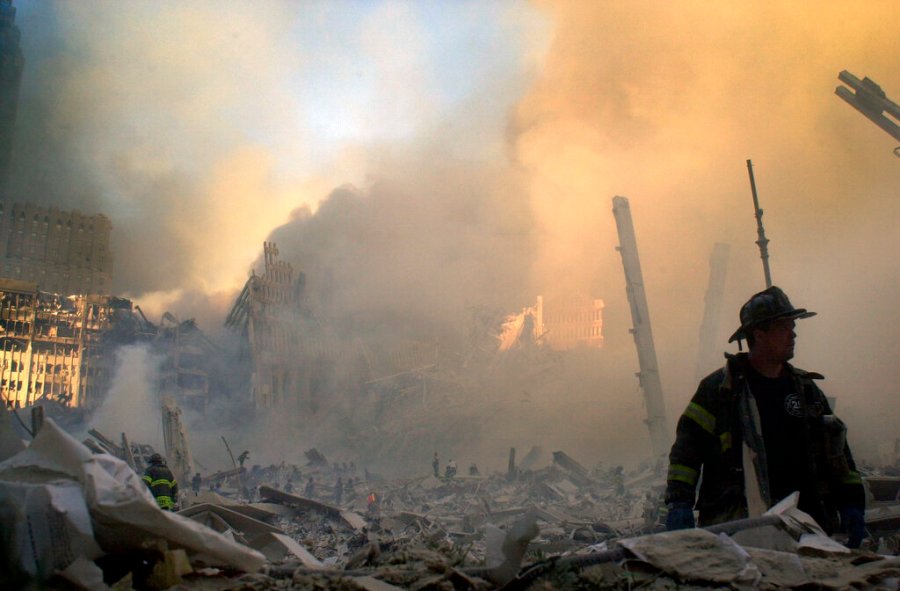
And above all—never take a single second for granted.
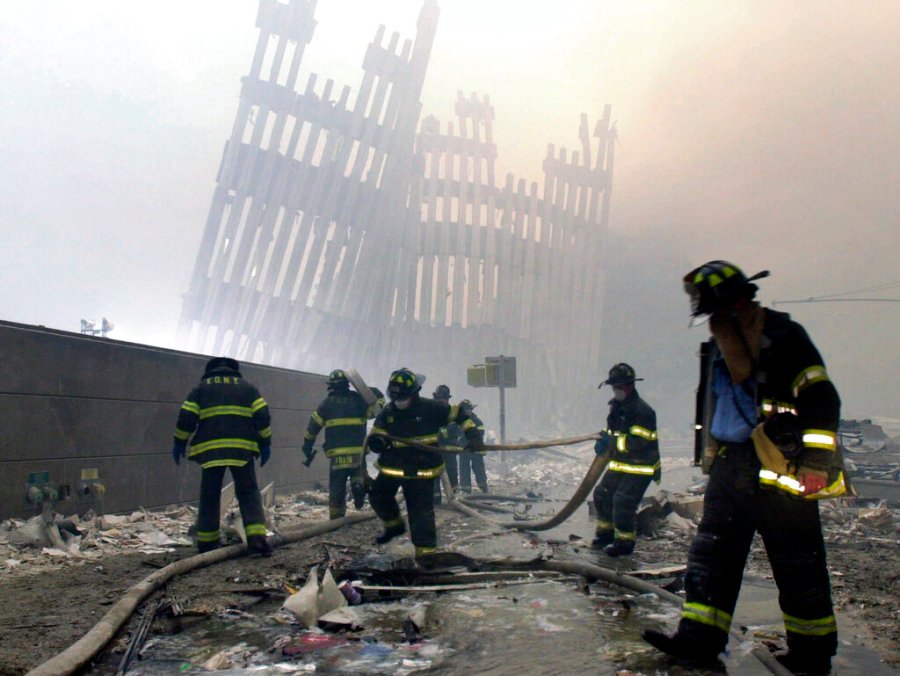
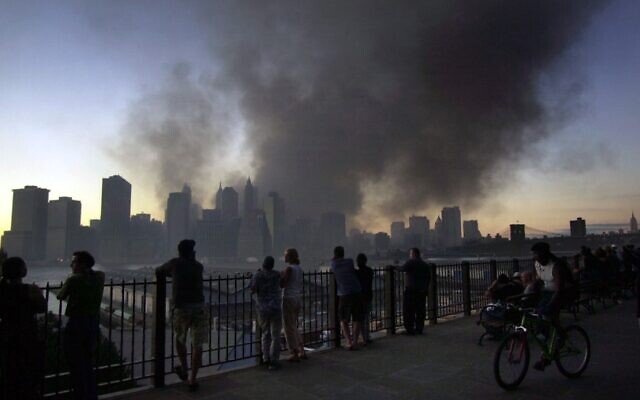
We shall never forget them. Not today, not tomorrow, not ever.






